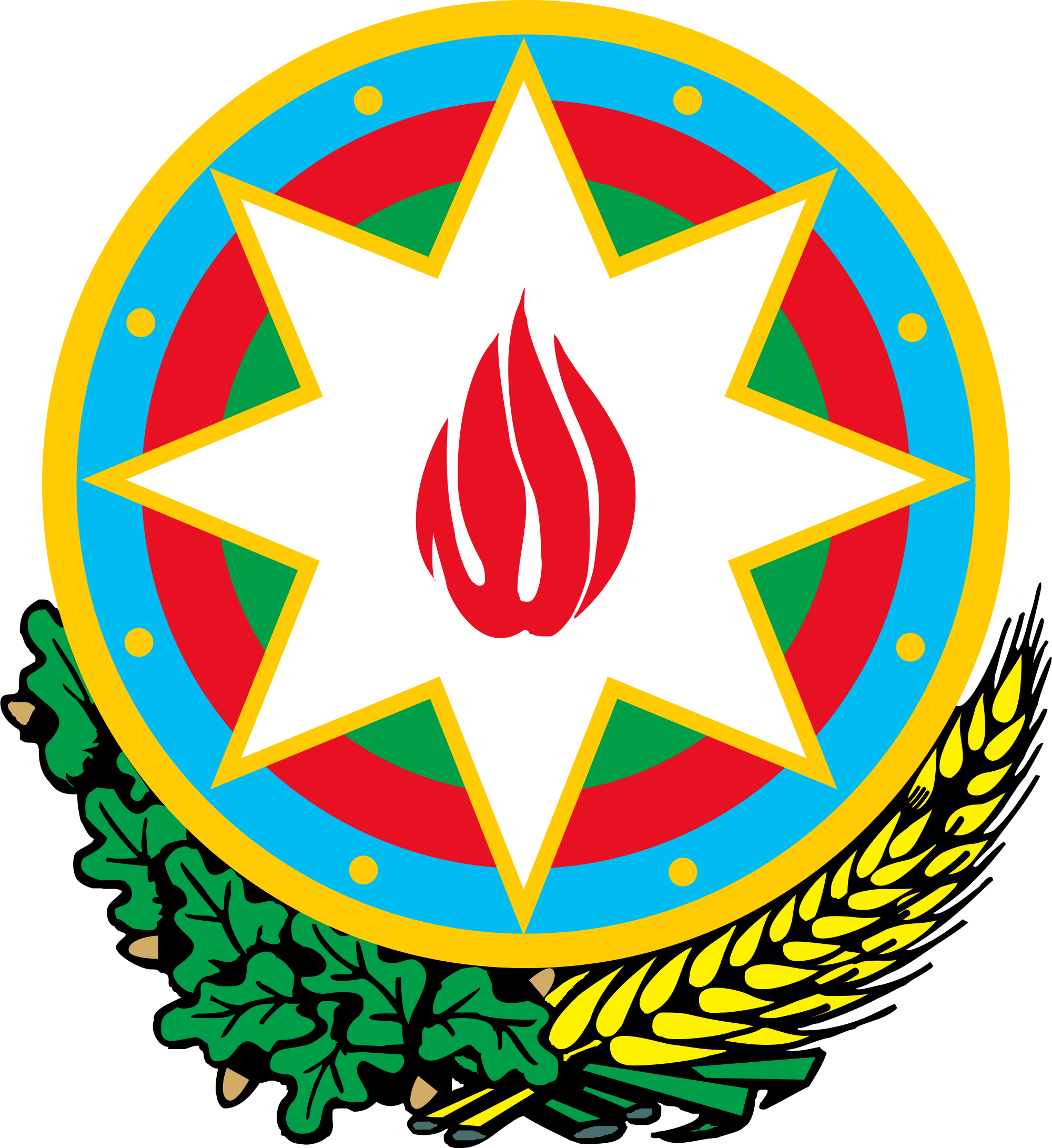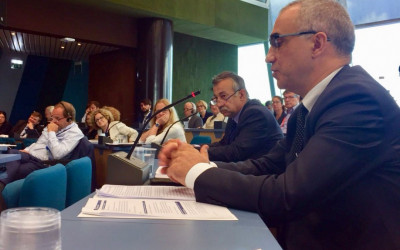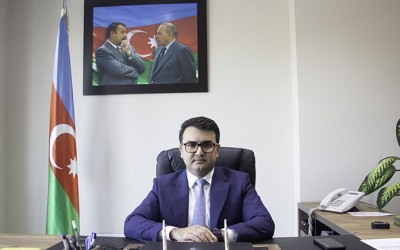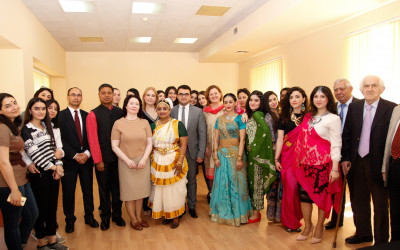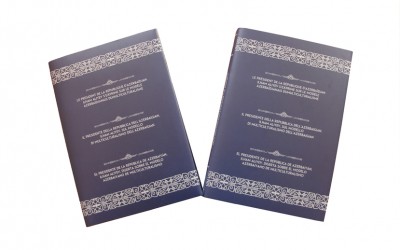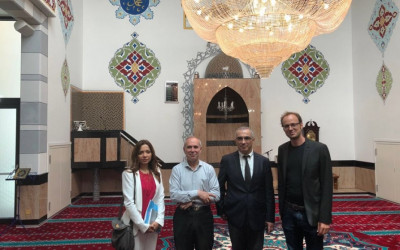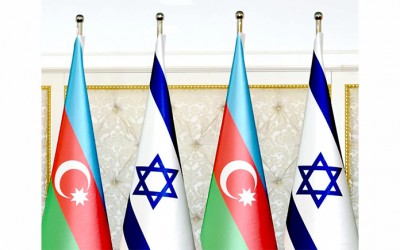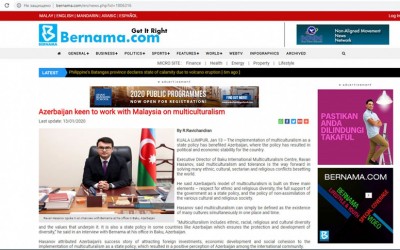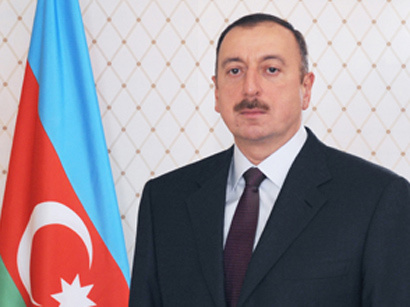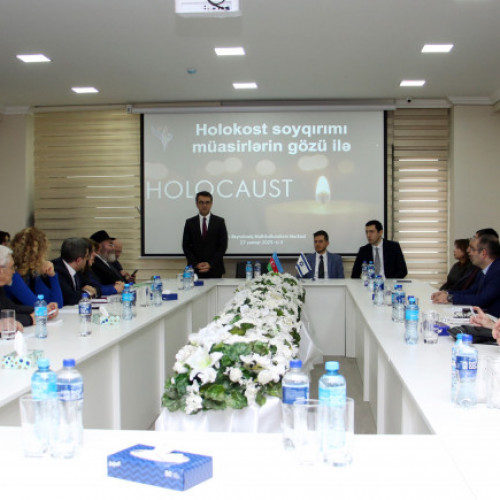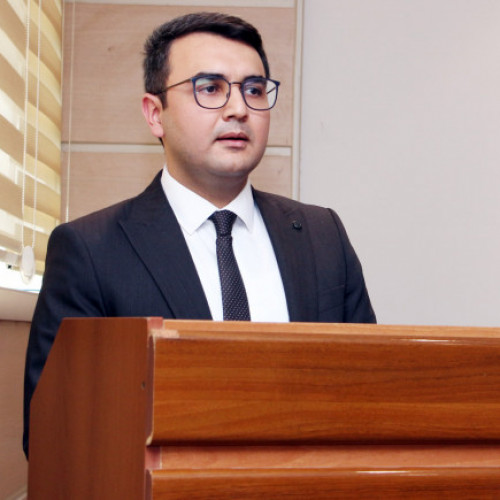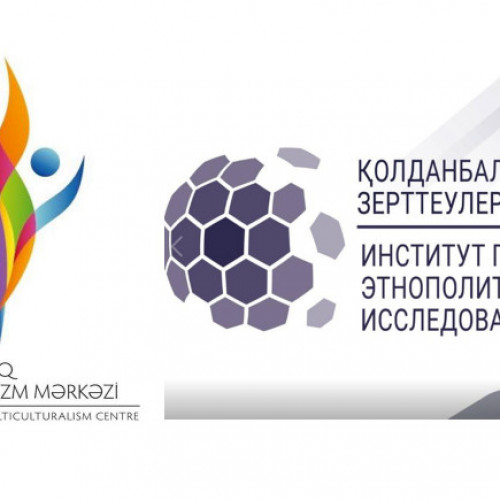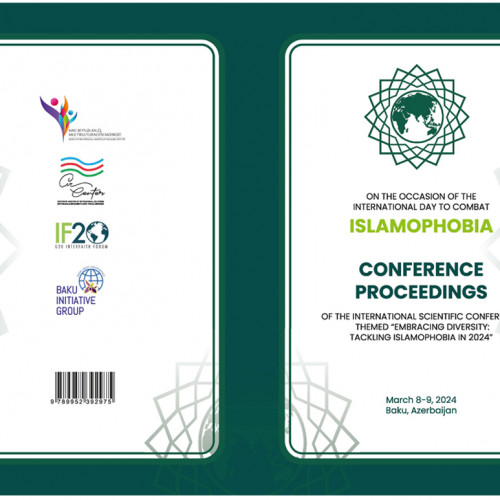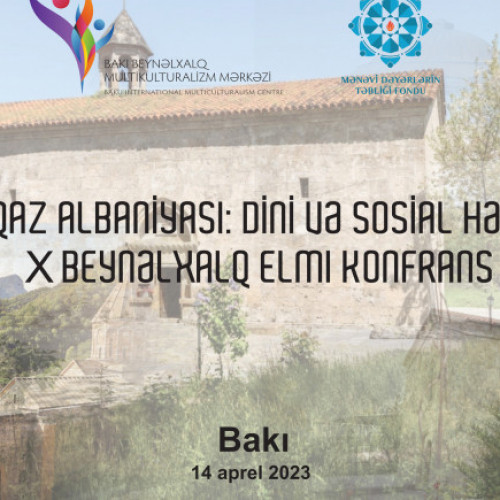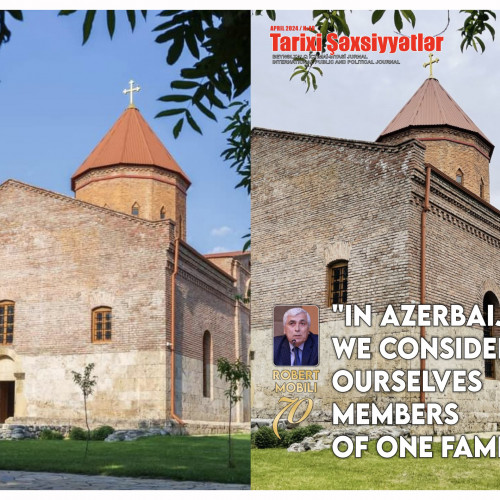Azerbaijani Multiculturalism to be taught at National University of Kyiv
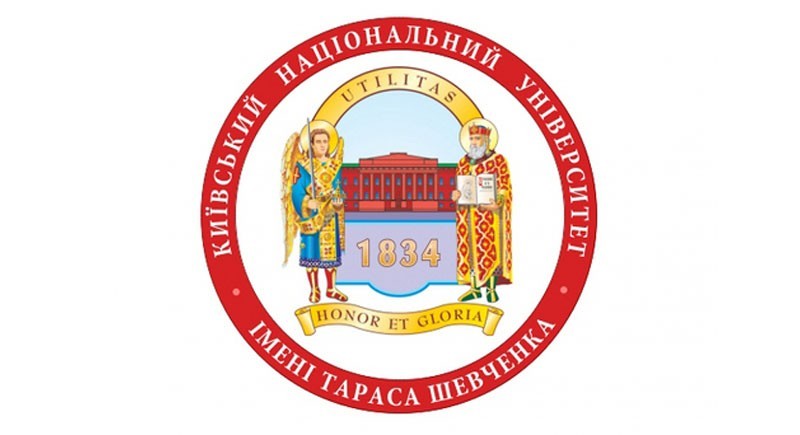
An optional subject named “Azerbaijani Multiculturalism” has been established at the Department of Turkology of the Philology Institute of Taras Shevchenko National University of Kyiv.
The project has been initiated by and will be carried out under the auspices of Baku International Multiculturalism Center (BIMC).
As part of the optional subject, students will be familiarized with the basics, characteristics and advantages of the Azerbaijani model of multiculturalism and learn Azerbaijan’s experience in the implementation of intercultural, interfaith and interethnic dialogue.
The University has expressed interest in cooperation with Baku International Multiculturalism Center.
Docent Irina Pokrovskaya, Doctor of Philology and Head of the Department of Turkology of the Philology Institute of Taras Shevchenko National University of Kyiv, said: “Familiarization with the Azerbaijani model of multiculturalism and applying the related knowledge in practice is relevant both for specialists engaged in active dialogue with Azerbaijan and for everyone who care about the preservation of the main societal values and mutually peaceful and tolerant relations between members of society. However, instilling into “Azerbaijani Studies” students the Azerbaijani people’s unique culture, centuries-old traditions and tolerant attitude towards representatives of other cultures, in addition to the extremely rich Azerbaijani language, explaining to them the concept of multiculturalism and implementing this concept in the educational process, and studying the main principles of multiculturalism is an important part of the educational process for students studying Azerbaijani as a foreign language at the Department of Turkology of the Philology Institute of Taras Shevchenko National University of Kyiv. Hence, we consider it relevant to introduce such an optional thematic course. This will help deepen the theoretical knowledge of Azerbaijani multiculturalism and raise the level of interest in Azerbaijan as a whole.”
Irina Demirezen, an Azerbaijani language teacher and supervisor of the Azerbaijani group at the Department of Turkology of the Philology Institute of Taras Shevchenko National University of Kyiv, said that the introduction of this optional course is very relevant for students.
“Tolerance and mutual respect are driving concepts of the Azerbaijani culture. Therefore, learning the history of the Azerbaijani multiculturalism and the main principles of this concept and explaining Azerbaijan’s state policy of multiculturalism will help students, who will contribute to the future development of relations between Azerbaijan and Ukraine, to acquire deep professional knowledge,” Irina Demirezen stressed.
Marina Goncharuk, the representative of Baku International Multiculturalism Center in Ukraine, noted that Ukrainian students take an active part in the implementation of Ukrainian‑Azerbaijani projects carried out by BIMC. The establishment of the optional course of Azerbaijani Multiculturalism is a long-awaited and well-timed project. It will contribute to the popularization of Azerbaijan among Ukrainian youths.

